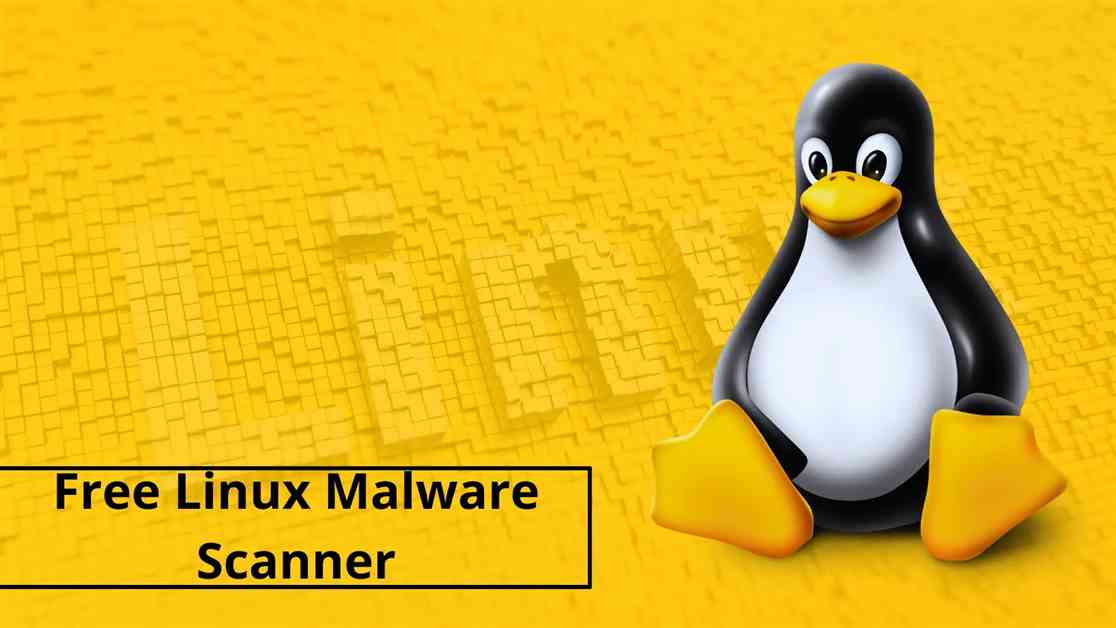Kaspersky Releases Free Malware Scanner for Linux Systems
Kaspersky has recently introduced a new free tool that is specifically built to thoroughly scan Linux operating systems for any signs of malware and other well-known security threats. The Kaspersky Virus Removal Tool (KVRT) for Linux aims to address the growing need for security solutions on Linux platforms, which are increasingly targeted by cybercriminals.
Despite the common belief that Linux systems are inherently secure, recent incidents have demonstrated otherwise. Kaspersky has highlighted several cases, including malicious code in the open-source XZ Utils, a Linux implant for the DinodasRAT malware (also known as XDealer), and a backdoor in a Trojanized version of Free Download Manager. These examples underscore the necessity for robust security measures on Linux systems.
KVRT for Linux is a standalone scanner that detects and removes malware, adware, and legitimate programs repurposed for malicious activities. It supports 64-bit systems with x86_64 architecture and can scan system memory, startup objects, boot sectors, and all files, including archived ones.
The tool is compatible with popular Linux distributions, such as Red Hat Enterprise Linux, CentOS, Linux Mint, Ubuntu, SUSE, openSUSE, and Debian. One of KVRT’s key features is its ability to store copies of deleted or disinfected malicious files in a quarantine directory, ensuring they are kept in a non-harmful form.
However, it must be noted that KVRT does not offer real-time threat protection and must be run manually. Users need to download the latest version of the tool each time they want to perform a scan, as it does not have an automated antivirus-database updating mechanism.
KVRT can be executed via a graphical user interface (GUI) or the command line, making it versatile for user preferences and system states. For maximum functionality, running the tool as a root user is recommended, although it can also operate under a regular user account with limited capabilities. The application is portable and does not require installation, which allows it to be used on multiple systems via a USB drive.
The release of KVRT for Linux has sparked mixed reactions within the Linux community. While some users appreciate the availability of a dedicated malware scanner for Linux, others express concerns about using a closed-source tool with root access, especially one developed by a company headquartered in Russia. These concerns highlight the ongoing debate about trust and security in the cybersecurity industry.
Kaspersky aims to debunk the myth of Linux immunity and encourage better security practices among users by providing a free and effective tool for scanning and removing malware.


